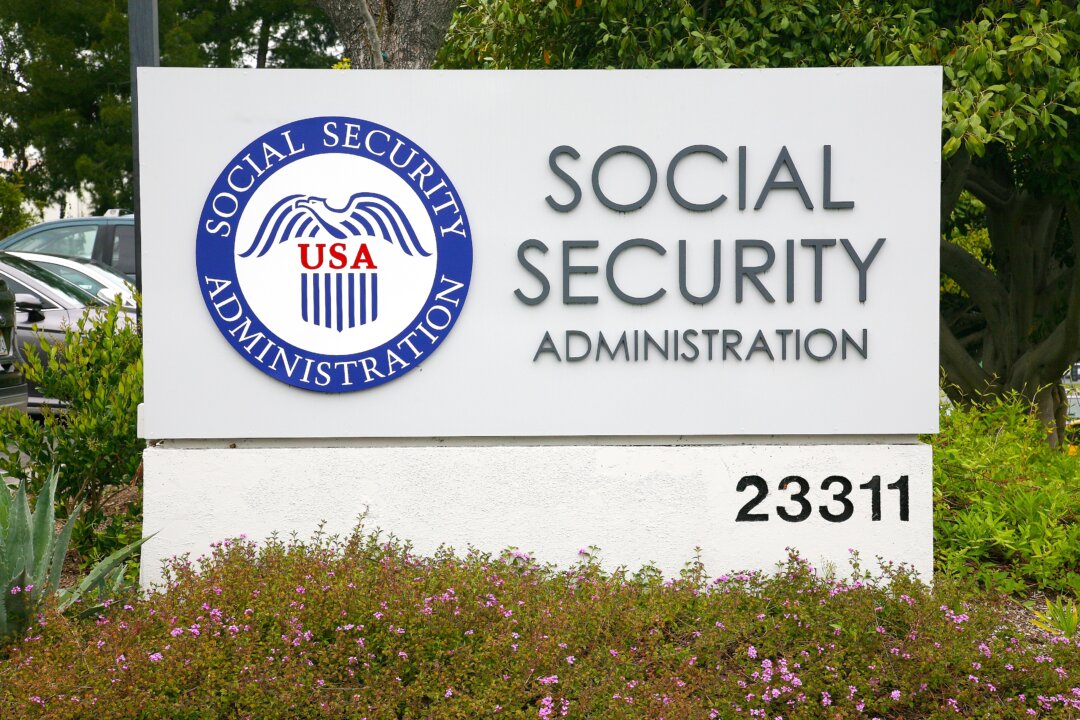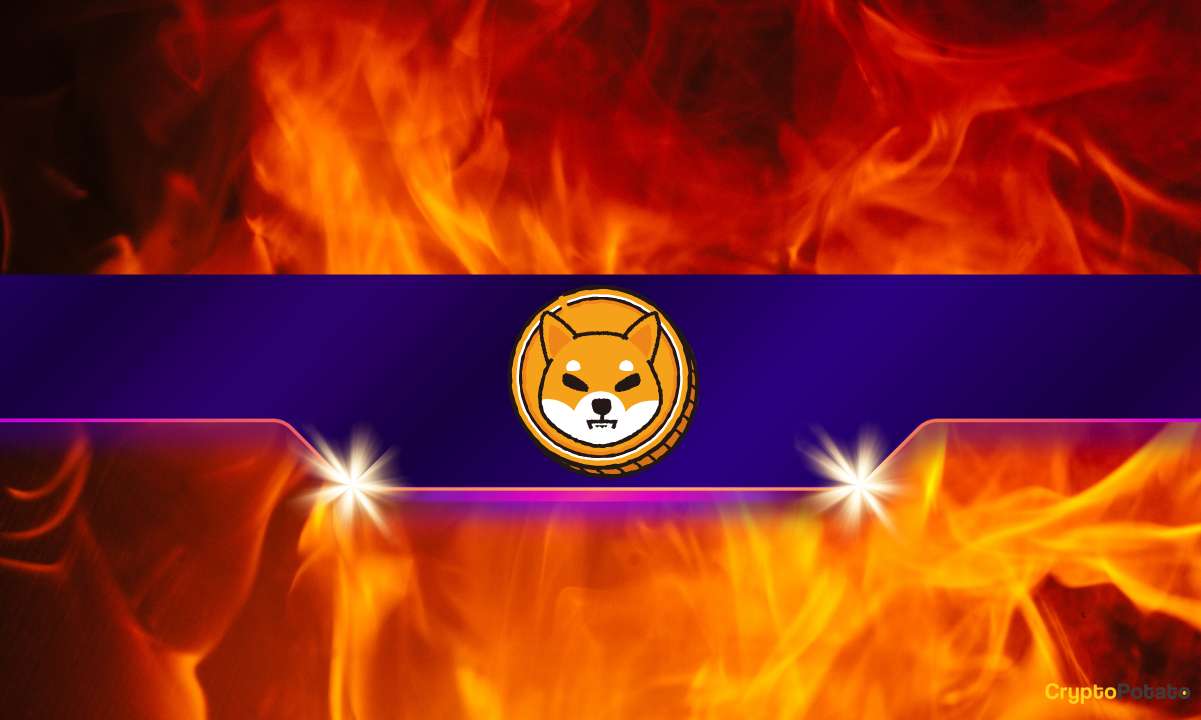‘We will not allow adversaries to exploit American technology to bolster their own militaries and threaten American lives,’ Commerce Secretary Lutnick said.
The Trump administration on March 25 added dozens of Chinese companies to a trade blacklist, restricting Beijing’s ability to access advanced U.S. technology.
The Commerce Department released a list of 80 companies and affiliates to be included on its Entity List, with more than 50 of them based in China. The action makes it hard for them to receive shipments of U.S. goods from their suppliers.
“We will not allow adversaries to exploit American technology to bolster their own militaries and threaten American lives,” Commerce Secretary Howard Lutnick said in a statement.
Among those blacklisted are six subsidiaries of Inspur Group, a top Chinese cloud service provider. The Commerce Department officials determined that these entities had aided Inspur in developing supercomputers intended for military use and attempting to acquire U.S. technology to support Beijing’s supercomputer projects.
Inspur Group was designated by the Defense Department as having connections to the Chinese military in 2020 and was subsequently added to the Commerce Department’s Entity List three years later.
Five of the targeted subsidiaries are based in China, and one is in Taiwan.
Taiwan’s economic ministry said it would promptly launch an investigation into the matter. If any violations of the relevant export control or regulations are found, penalties will be imposed by the Taiwanese government, Taiwanese Economic Minister Kuo Jyh-huei told reporters on March 26, according to Taiwan’s state news agency CNA.
The Inspur Group did not respond to a request for comment by publication time.
The Trump administration also imposed restrictions on four Chinese firms, including Nettrix Information Industry, which is China’s leading computer server manufacturer. Washington linked the action to the companies’ alleged involvement in developing exascale supercomputers, which can process “vast amounts of data at very high speeds” and perform large-scale simulations, according to the Commerce Department.
The department said these companies also provided “significant manufacturing capabilities” to another Chinese server maker, Sugon, which had been blacklisted during the first Trump administration for building supercomputers for military use.
Also included in the Entity List were the Beijing Academy of Artificial Intelligence and Beijing Innovation Wisdom Technology, which were accused of seeking to acquire U.S. technology to support the Chinese Communist Party’s military modernization efforts. The Commerce Department said these entities were developing large artificial intelligence models and advanced computing chips for defense purposes.
Neither of the companies responded to a request for comment by publication time.
The Chinese foreign ministry voiced the regime’s opposition to the decision, with foreign ministry spokesperson Guo Jiakun accusing Washington of suppressing Chinese companies at a daily briefing on March 26.
Jeffrey Kessler, U.S. undersecretary of commerce for industry and security, said the move is intended to send “a clear, resounding” message that the Trump administration will prevent “U.S. technologies and goods from being misused for high performance computing, hypersonic missiles, military aircraft training, and [unmanned aerial vehicles] that threaten our national security.”
“American technology should never be used against the American people,” Kessler said in the statement.
“The Entity List is one of many powerful tools at our disposal to identify and cut off foreign adversaries seeking to exploit American technology for malign purposes.”
Reuters contributed to this report.










